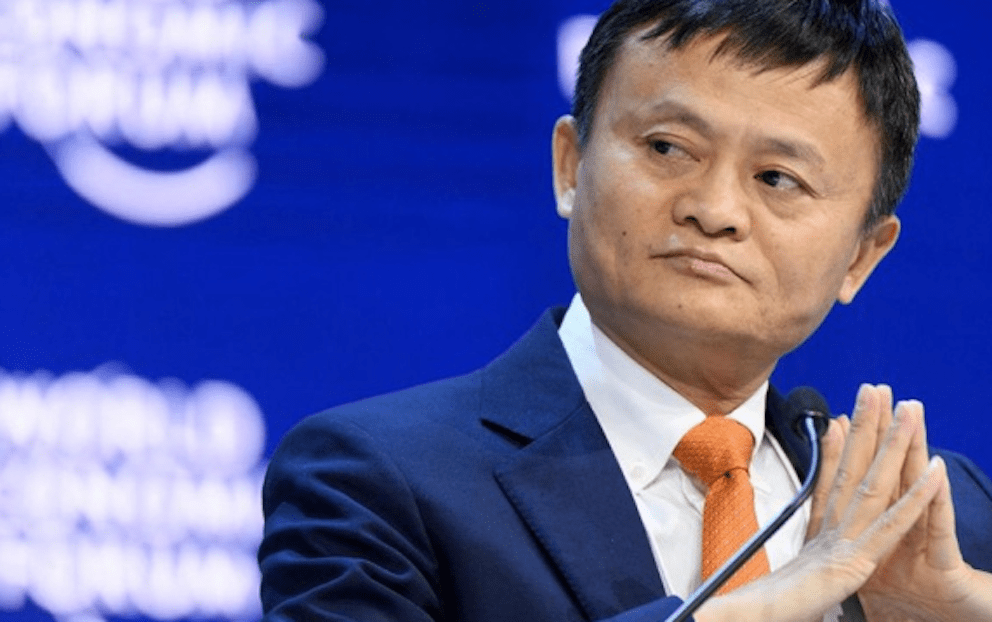(ATF) Analysts have shrugged off Alibaba’s stock-market declines, arguing that despite less-than-stellar quarterly results, the e-commerce giant would continue to dominate China’s digital landscape.
The Hangzhou-based company said revenue in the three months to the end of March climbed 22% as it began clawing back business lost during the coronavirus lockdown. Gross merchandise volume, or the value of items sold online, breached $1 trillion. But Alibaba warned it had pared its annual growth forecast for the coming year to 27% from 35% reported on Friday for the 2019-2020 fiscal year as the coronavirus pandemic redrew Chinese markets.
Investors punished the company in New York on Friday, pushing its stock price down 6% and Hong Kong investors followed suit on Monday, slashing 4% from Alibaba’s market value. Reports said that the plunge wiped $1.5 billion from the personal fortune of founder Jack Ma.
But analysts at HCBC Bank said the company lacked the competition to dislodge it from the top of the tech ladder.
“The biggest debate is how the competition will evolve: whether through a subsidy war, merchants’ selection, or infrastructure and technology, we see Alibaba clearly taking the lead, while its competitors have just begun aggressively investing in driving user retention and cloud infrastructure,” wrote HSBC analysts in Hong Kong led by Binnie Wong, head of Asian internet research.
READ MORE: Alibaba offers anti-virus technology to the world
While Alibaba said it had made a faster-than-expected recovery from the coronavirus fallout, the pandemic has still hit the company hard, reducing online shopping and reducing its market capitalisation. US threats of sanctions on Chinese technology companies also cloud its outlook.
Group revenue in its fourth quarter reached 114.31 billion yuan ($16bn), taking full-year turnover to 509.7bn yuan. Analysts noted annual Alibaba’s annual growth of 22% was its slowest on record.
Fourth-quarter net income attributable to ordinary shareholders dropped 88% year-on-year to 3.16 bn yuan. The company ascribed the decrease primarily to a net loss in investment income. The yearly figure was 149bn yuan, up 70%.
Chairman and chief executive Daniel Zhang said the company’s overall business continued to experience strong growth, with a total annual active consumer base of 960 million globally, despite concluding the fiscal year with a quarter impacted by the coronavirus pandemic.
HSBC recommended investors hold onto their Alibaba stocks noting that “profitable growth (was) seemingly under-appreciated by the market”.
Cloud growth
The biggest growth was seen in the group’s cloud product, AliCloud, which saw revenue increase 58% as lockdown-hit merchants took their business online. Consequently retail sales of consumer goods fell 19%.
“Although affected by COVID-19 in the quarter, Alibaba saw business opportunities with offline merchants going online with increasing adoption of new ways for customer engagement,” wrote analysts at Nomura Bank.
The bank warned that Alibaba’s progress within lower-tired markets would be muted, but it would continue its strategy of building out its cloud and IT infrastructure. While it viewed the company as resilient to economic cycles, Nomura nonetheless rated its bonds as neutral in the longer term.
CEO Zhang said the coronavirus has changed the way China does business.
“The pandemic has fundamentally altered consumer behaviour and enterprise operations, making digital adoption and transformation a necessity,” Zhang said.
Myanmar investment
With growth in overseas users one of the bright spots of Alibaba’s report, the company continues to expand into international markets. According to reports, Alibaba’s banking arm Ant Financial is planning a $73 million cash injection into Myanmar’s Wave Money payments platform.
Wave, a venture between Telenor and Yoma Strategic and which has 21 million users and 57,000 agents across the Southeast Asian nation, will be able to call on Ant’s mobile payments expertise, the reports said.
























